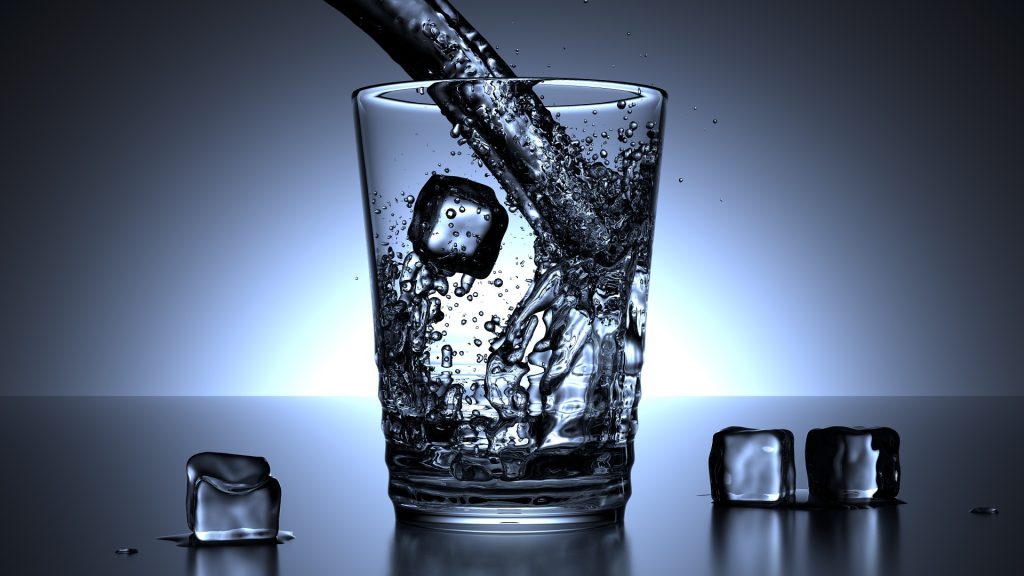European Commission opens infringement case against Ireland over water contamination

August 1st, 2018
The European Commission has opened an infringement case against Ireland for failure to ensure drinking water for over 500,000 consumers is safe from a chemical linked to cancer and other health issues.
Earlier this month, the Commission sent a letter of formal notice to Ireland for failing to fulfill its obligations under the Drinking Water Directive by allowing excessive levels of Trihalomethanes (THM) in Irish drinking water.
According to the Commission, the Irish authorities have “not taken appropriate actions” to bring down THM values. The Commission is also pursuing the Irish state for failing to notify consumers of the health implications as required under the Directive.
The chemical is a by-product formed when chlorine used to disinfect drinking water reacts with organic and inorganic matter. THMs can be absorbed when water comes in contact with skin, through drinking contaminated water or consuming food prepared in this water.
Prolonged consumption of drinking water with high THM levels is linked to liver, kidneys, and bladder diseases, as well as cancer and problems with the central nervous system and the reproduction system.
The latest Environmental Protection Agency (EPA) figures indicate that 52 of 72 “at risk” supplies on its Remedial Action List have elevated levels of Trihalomethanes. Cork, Donegal Kerry, and Wicklow are the worst affected areas, with cases seen across 10 other counties.
In 2011, the EPA and the Health and Safety Authority submitted a paper to the Commission stating that although the bodies were of the opinion that links to cancer are “weak”, the possibility
that they exist “remains”. “When uncertainty such as this emerges in environment and health, a precautionary approach is needed,” the report states.
The report, however, concluded that there was no immediate health risk from the excess of THMs that merited informing consumers.
The Commission letter is a request for information from the Irish government. It must be answered within two months; after which, the Commission may decide to send a reasoned opinion further requesting Ireland to comply with EU law.
Failure to ensure compliance with EU law could lead the Commission to refer a Member State to the European Court of Justice.

Train with milled peat Photo: Peter Mooney
Links to peat extraction
The infringement proceedings have been taken on the back of a complaint and report compiled in 2011 by the environmental group, Friends of the Irish Environment (FIE).
The environmental group became aware of the extent of THM contamination in 2010 while investigating the impacts of industrial peat extraction on raised bogs in the Midlands.
FIE Director, and one of the authors of the 2011 study, Tony Lowes, said that problems in Irish water quality “lies directly with the failure to properly regulated land use”.
Agriculture, forestry, and unregulated industrial peat extraction are all contributory factors, he said. “Source protection and land use policy must place public health as its main priority in every land use permission and regulation.”
Results from a 2018 Irish study in the Journal of Environmental Management found that areas most at risk to THMs exceedances occur on the west coast of Ireland which is dominated by blanket bog.
This association between peat and THMs is in agreement with the general consensus that water draining upland catchments with organic-rich soils receive large quantities of natural organic matter, the study found.
 Photo: ColiN00B/Pixabay
Photo: ColiN00B/Pixabay
Boil Notice in THM areas
FIE has also contacted Irish Water in regards to issuing Boil Water notices in areas where water exceeded the safety limit for THMs, citing Carraroe in Co Galway as an example.
“Asking consumers to boil THM laden water allows the volatile chemicals to be released into the air where they are easily absorbed by anyone in the room,” Mr Lowes said.
“Consumers must be told when their water supply exceeds any of the EU and WHO standards. They can install a simple charcoal filter which will protect their own and their family’s health but will not do so unless Irish Water tells them directly of the chemical exceedances in their water.”
In 2016 US environmental campaigner Erin Brockovich added her voice to calls for Irish Water to publish the levels of water-borne toxins linked to cancers on the bills of affected consumers. In a Facebook post linked to a study by the Harvard School of Public Health, Brockovich highlighted the specific danger to pregnant women, writing: “Trihalomethanes are far more dangerous to pregnant women.”
[x_author title=”About the Author”]







